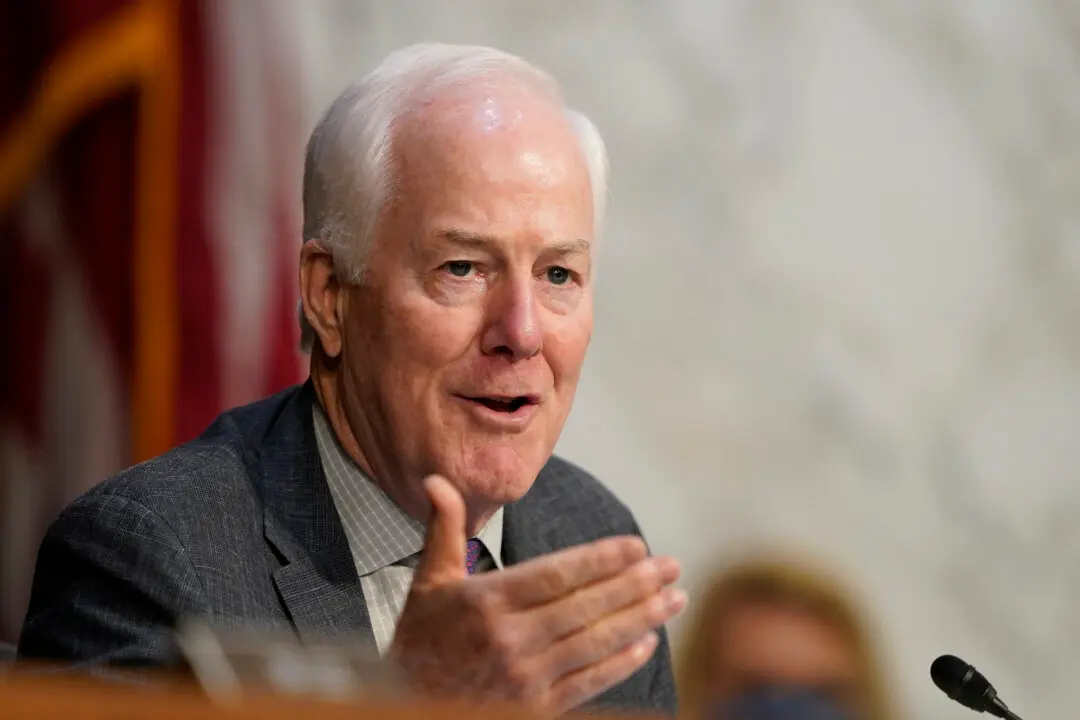Some parents have been told that if they fail to support a gender-questioning child’s desire to “transition” to the opposite gender, their child may commit suicide.
But this “transition-or-die” scenario, often used to justify transgender medical treatments for minors, is factually inaccurate and “ethically questionable,” according to a new treatment guide released by the Gender Exploratory Therapy Association (GETA), an organization of professionals from the United States and several other countries.





